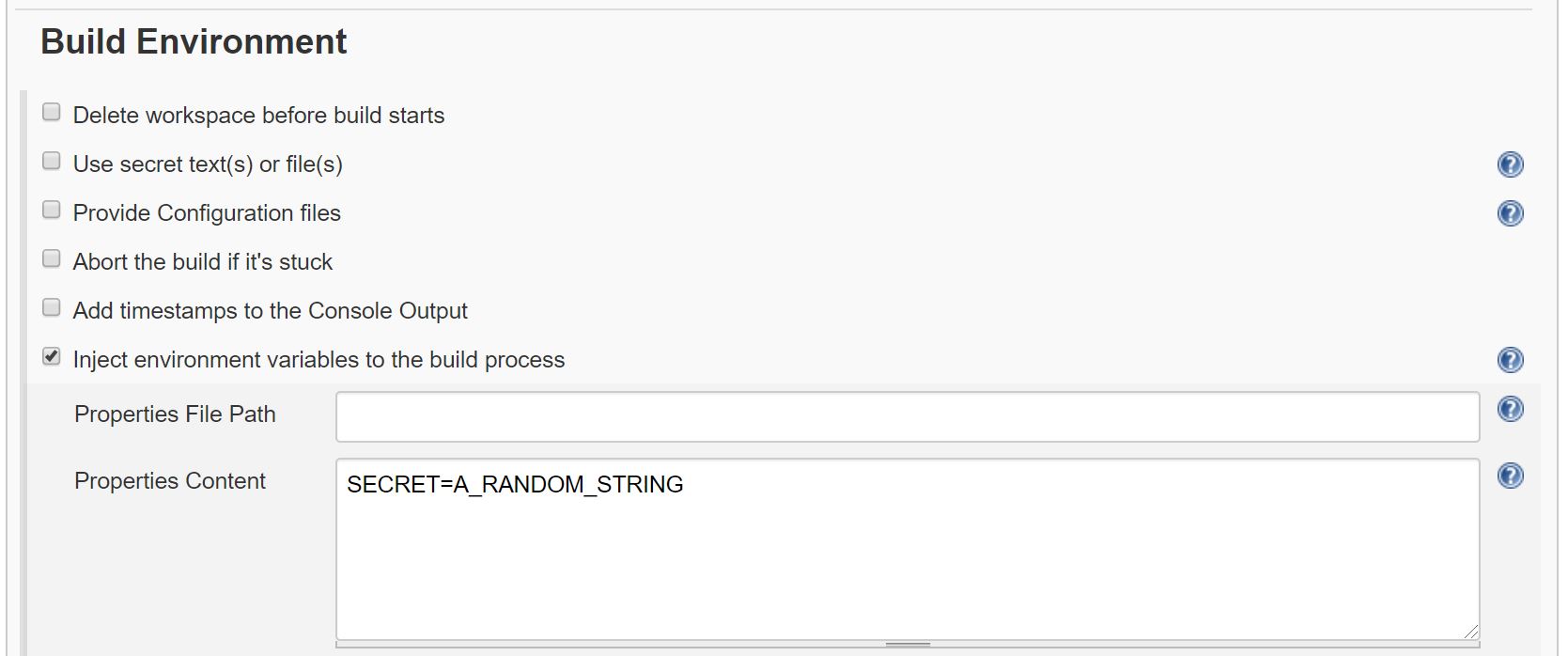Adding Authentication to the Node App
After installing MySQL I realised that I needed a better solution than just storing plaintext usernames and passwords in an authentication table. So while I’m on my security-spree I’ve decided to implement the authentication middleware for the Node App including salting and hashing passwords using bcrypt and issuing JSON Web Tokens (JWT) to authenticate subsequent requests.
Installing JWT modules and environment variables
Users first send their login credentials to the \login route and are issued a JWT which is used in the Auth header (Bearer Token) for subsequent requests. During development I first got the authentication working for a single token before expanding to the login functionality.
npm install jsonwebtoken --save
npm install dotenv --save
JWT also requires the use of a ‘secret’ to create the tokens. I chose to save this file on the server as an environment variable, I tried a few methods before they were finally being recognised.
For my development machine I created a .env file in the root directory and defined the secret:
# JSON Secret
SECRET=A_RANDOM_STRING
On linux I had to set the secret differently:
SECRET=A_RANDOM_STRING
export SECRET
printenv | grep SECRET
pm2 restart all --update-env
Finally I added it to the Jenkins build configuration:
To import the libraries and environment variables is quite straight-forward:
const jwt = require('jsonwebtoken');
require('dotenv').config({path: './.env'});
const secret = process.env['SECRET'];
To create the token, I put this in the login route:
let token = jwt.sign(
{username: req.body.username},
secret,
{ expiresIn: '24h' }
);
To check the token, I’ve put this in its own authHandler.js middleware (full code is in my next blog post!)
jwt.verify(token, secret, (err, decoded) => {
if (err) {
res.statusCode = 401;
return next('Authentication failed! Credentials are invalid');
} else {
req.decoded = decoded;
next();
}
});
Adding bcrypt for salting & hashing
In addition to using JWT for authentication, when a user logs in I also don’t want to store plaintext passwords in my database - so enter bcrypt! This adds salting and hashing to the passwords before being stored in the database (and gives the functions to compare given passwords to stored passwords).
I need to include the library and define the number of salt rounds:
const bcrypt = require('bcrypt');
const saltRounds = a_numeral;
To register a user, simply use the hash function and store the hash in the callback function:
bcrypt.hash(req.body.password, saltRounds, function(err, hash) {
registerUser(req.body.username, hash);
});
To compare a password in the login route:
bcrypt.compare(req.body.password, dbhash, function(err, result) {
if (result) {
/* use result */
} else {
/* return error */
}});
Adding the authentication middleware
So to actually authenticate using the JWT I had to create authentication middleware, for reference, this has to go after the authentication routes as the login and register API calls won’t already have a token to send, so there’s no need to go through the token authentication first. It does need to go before any of the routes that I want to be protected such as my general routes.
app.use(require('./routes/general/authentication.js'));
app.use(require('./handlers/authHandler.js'));
app.use(require('./routes/general/generalRoute.js'));
The contents of the authHandler.js file is below, it checks for the existence of the Bearer token and then the validity of the JWT.
var jwt = require('jsonwebtoken');
require('dotenv').config({path: './.env'});
const secret = process.env['SECRET'];
const logging = process.env['LOGGING'];
/**
Checks whether the request has a valid JWT token, returns error if not
@param { OBJECT }
{ req.headers['x-access-token'] || req.headers['authorization'] }
@returns { OBJECT }
{
success: { true | false },
response: { String },
token: { String }
}
*/
var checkToken = function(req, res, next) {
let token = req.headers['x-access-token'] || req.headers['authorization'];
if (token) {
if (token.startsWith('Bearer ')) {
// Remove Bearer from string
token = token.slice(7, token.length);
}
jwt.verify(token, secret, (err, decoded) => {
if (err) {
res.statusCode = 401;
return next('Authentication failed! Credentials are invalid');
} else {
req.decoded = decoded;
next();
}
});
} else {
res.statusCode = 400;
return next('Authentication failed! Please check the request');
}
};
module.exports = checkToken;
